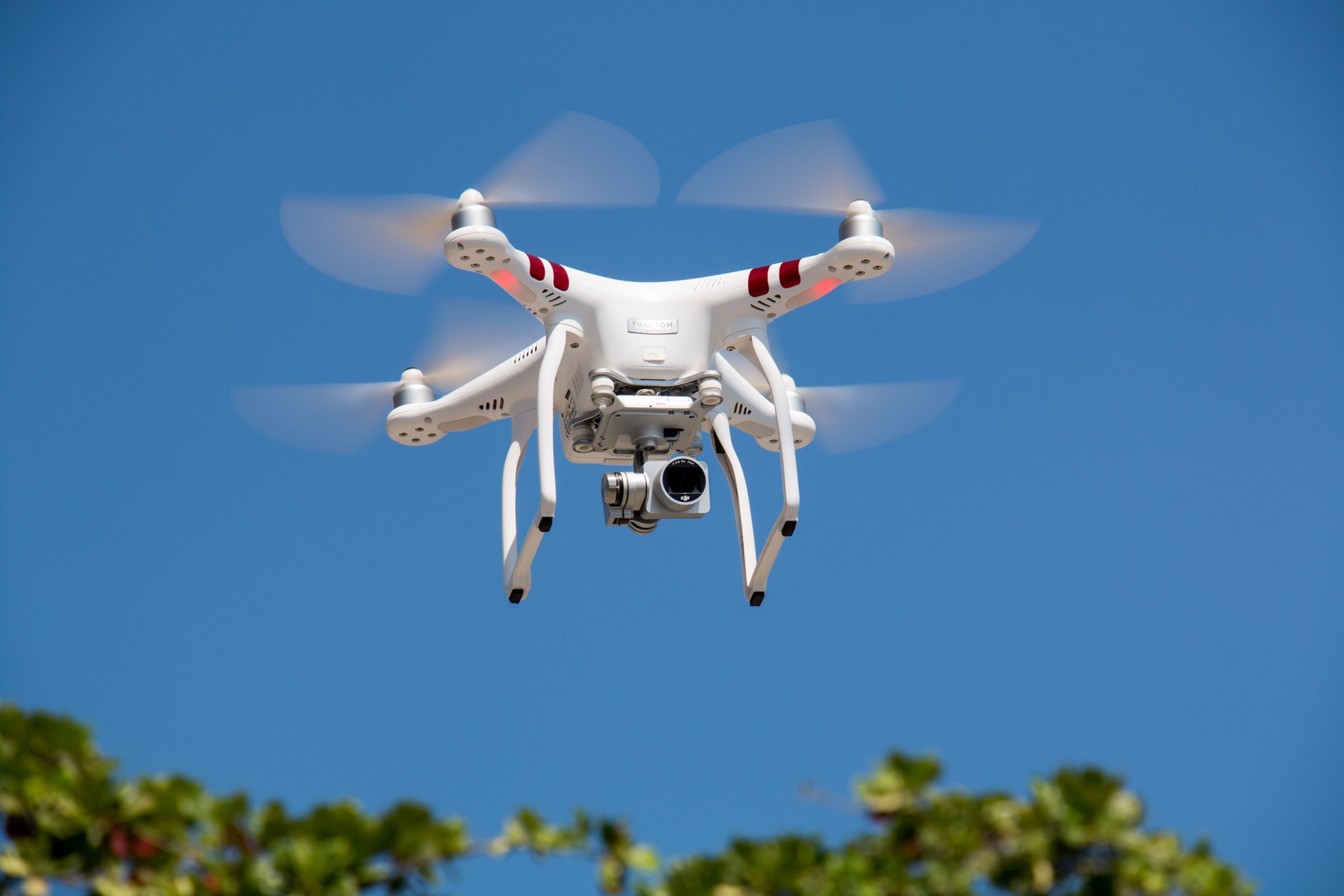
Drones - also known as Unmanned Aircraft Systems (UAS) by the FAA - are being increasingly used for commercial purposes. Real estate professionals often want to use drones to improve their photography and videography - it’s undeniably sexy. Drones offer amazing visual perspective on property that would basically be impossible any other way.
I know many of our real estate school students see videos on YouTube of listings and wonder how they can get cool aerial shots like this on their listings.
It's important to remember that it is currently not legal to operate a UAS for commercial purposes without a Section 333 Waiver from the FAA. Here is what you need to know about these waivers and the concept of using drones for your business.
A pilot’s license is necessary for a Section 333. A broker can’t just buy a drone and fill out a form to get permission for commercial use.
You are allowed to hire someone with a Section 333 to operate a UAS for commercial purposes for you. If you really want aerial pictures of your listing, but do not want to go through the process of getting your own pilot’s license, just hire someone who already has permission from the FAA.
You can take steps to protect yourself. UAS operators can get insurance for their aircraft to limit liability. If you choose to contract a UAS operator, ask for proof of insurance. The National Association of Realtors also points out that you can also request that the operator “indemnify you against any actions, suits, damages, losses, costs and expenses” from the operation of the UAS. If the operator crashes the drone into someone’s house (or worse, into someone), you don’t want to be liable.
Penalties
Nearly all drones must be registered now, whether they will be used for recreational or commercial purposes. There are already steep fines in place if a drone is not registered.
The repercussions become much more serious when commercial usage is involved. Consider this case, where a company was fined $1,900,000 by the FAA for flying unregistered drones without permission in an allegedly unsafe manner. The implication is that the penalties will vary (unauthorized UAS usage in big cities with crowded air traffic will result in bigger fines than flying in a small suburb) but the FAA is serious about enforcement. Some in the commercial drone industry expect fines to typically fall in the $1,000-$10,000 range, which is significantly less than $1,900,000 but still a lot of money. The FAA website asks citizens to report crashed or suspicious drones to local law enforcement and there is no reason to believe threats of enforcing these laws are empty.
The bottom line for the real estate professional is to hire a company that can legally fly UAS for commercial purposes. If you don’t know what you're doing and fly illegally you could potentially hurt someone or damage property. Even if neither of these occur you could still be in serious trouble with the FAA. It just isn’t worth it.
New rules have been proposed and will likely come into effect soon. Follow the link if you intend on operating a UAS and want to see the potential changes coming.
The Role of Instructors in CA Real Estate Education
CA Exam Testing Centers: Locations, Parking, Security
Should You Take a Crash Course for the CA Real Estate Exam?

Founder, Adhi Schools
Kartik Subramaniam is the Founder and CEO of ADHI Real Estate Schools, a leader in real estate education throughout California. Holding a degree from Cal Poly University, Subramaniam brings a wealth of experience in real estate sales, property management, and investment transactions. He is the author of nine books on real estate and countless real estate articles. With a track record of successfully completing hundreds of real estate transactions, he has equipped countless professionals to thrive in the industry.